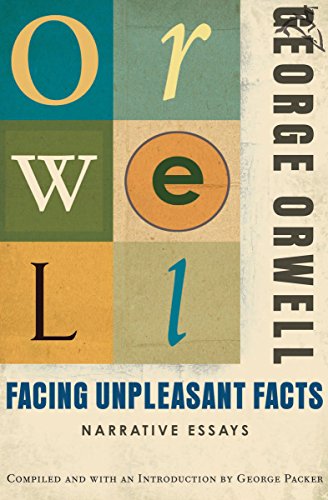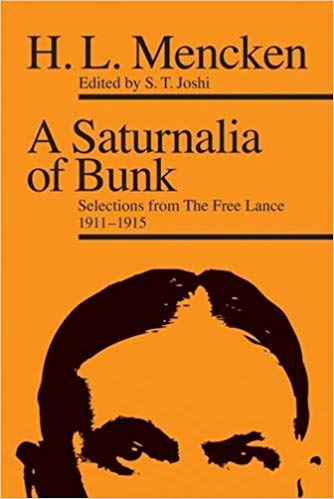In the Bradbury Challenge I expected the essays to be educational. This is not a learned in the classroom” sense, but the broader “informed me about the world.” I have said that the single volume of Orwell, Facing Unpleasant Facts: Narrative Essays, provided a full education. Against Interpretation by Susan Sontag had a similar effect. Perhaps the oddest bit take away was not so the much the truth about how Marxism has become an assumption in western intellectual circles, but feeling its presence. At some point, Sontag articulates the need for a Marxist theory of every field addressed. Not every essay brings this up, but she invokes Marxism for every field she discusses, from fine art to literature to the theater to film.
I suspect bureaucracy is the strongest proof of Price’s Law. For those not familiar it states the square root of the number of workers produce fifty percent of the output. What do the other employees do? In a sixteen person company, the rule says four people generate half the revenue. It is easy to understand how the other twelve, while only creating half the output, still have important roles. For example, IT guy in most companies is not a direct producer, but without him those producers lack automation which lowers their productivity. Every company needs a janitor. However, when it is a 10,000 employees, this core group is only 100. I dont see 9,900 janitors and IT guys. What I see is an IT who invokes the “I am overworked and require three assistants” trope. After that, it is, to quote Oscar Wilde, “the bureaucracy is expanding to me the expanding needs of the bureaucracy”.
This post has a rare style, called a “paragrapher” that stems from the introduction to my latest essay collection. A Saturnalia of Bunch collects some early newspaper columns by H. L. Mencken. Discrete paragraphs on a variety of subjects formed the column instead of a single narrative structure. The publisher separated them with a horizontal rule separating them. While Mencken eventually moved to writing full essays his first column, The Free Lance, maintained the printing format even when it did not maintain the literary format. Ambrose Bierce used the style over his entire newspaper career. It is an organization that fits both my thinking and my available time for the blog, so I will experiment with it.
When I arrive home from work, one thing I look forward to is one or both of my boys waiting for me. It is usually Sable, the long haired black cat with more than a bit of Maine Coon in him. When I open the car door, he jumps on my lap. He follows me down the driveway to the mailbox, tale straight in the air. George, the medium haired gray who came to us this past February, is more sedate, heading to the door. Either, though, is a favorite part of my day.





Be First to Comment